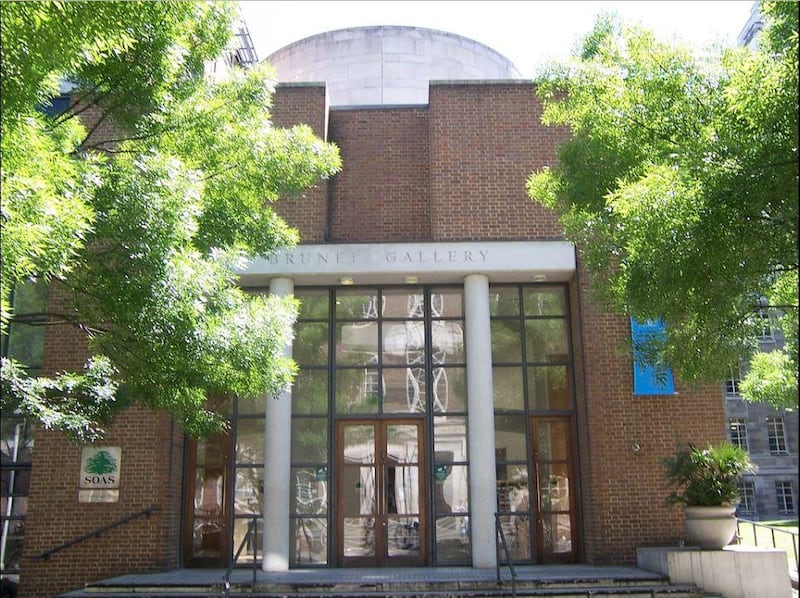Extremist preachers featured in 200 British university events last year despite a government campaign against campus radicalisation, according to a new report.
Four speakers have continued to appear at events despite being highlighted by the government in 2015 for expressing views “contrary to British values”, a study by the Henry Jackson Society think tank found.
They include Haitham Al Haddad, who has been criticised for advocating female genital mutilation and stoning to death for adultery. The four have appeared at 54 student events over the past three years even after their identification by the government, the report found.
Then prime minister David Cameron told universities in September 2015 to root out and challenge extremism after evidence suggested that home-grown terrorists had been radicalised during full-time education.
“Schools, universities and colleges, more than anywhere else, have a duty to protect impressionable young minds,” he said.
The think tank’s figures suggested, however, that the number of events including known extremists had increased since then with 435 events in the last three years.
Sixteen per cent of the cases were at one university, the School of Oriental and African Studies, in London. The institution said that it “totally rejects” the claims of extremism on campus.
“These events were fully legal and no concerns were raised with us by local police” or counter-radicalisation officials, it said in a statement.
______________
Read more:
[ Nearly 200 university speakers flagged under UK anti-radicalisation scheme ]
[ Britain's universities are 'fertile ground' for hate speech ]
______________
Emma Fox, the report’s author, said the findings represented a “industrial-scale failure” by universities to apply UK law to tackle extremism.
“The individuals revealed to be speaking on UK campuses have included some of the most insidious hate preachers in the country. There should not have been any opportunity for them to secure near-unfettered access to students.”






